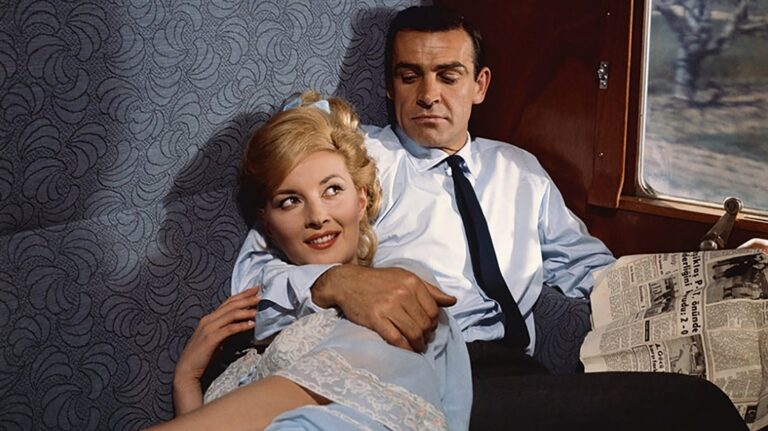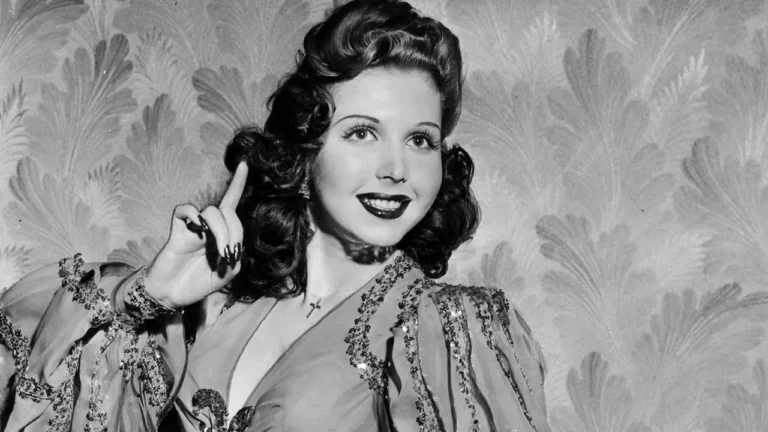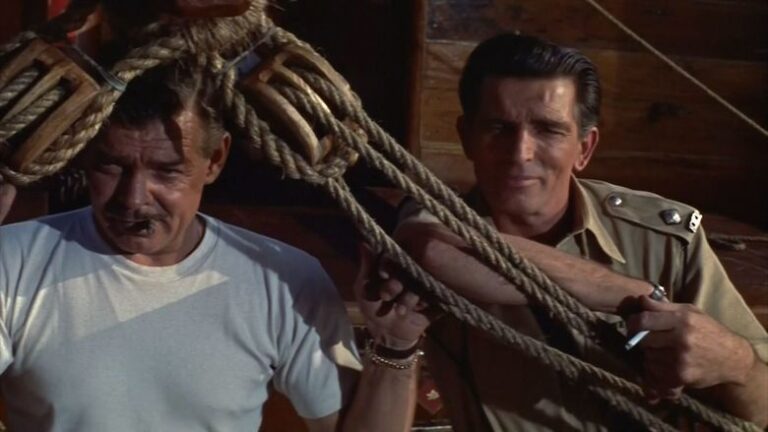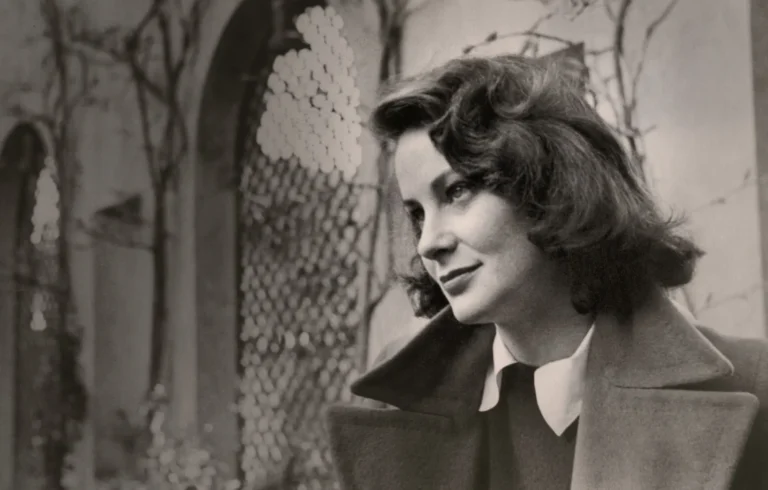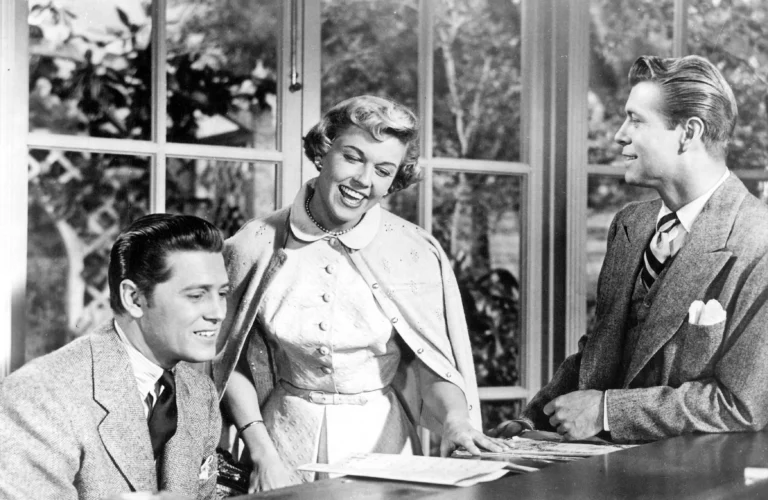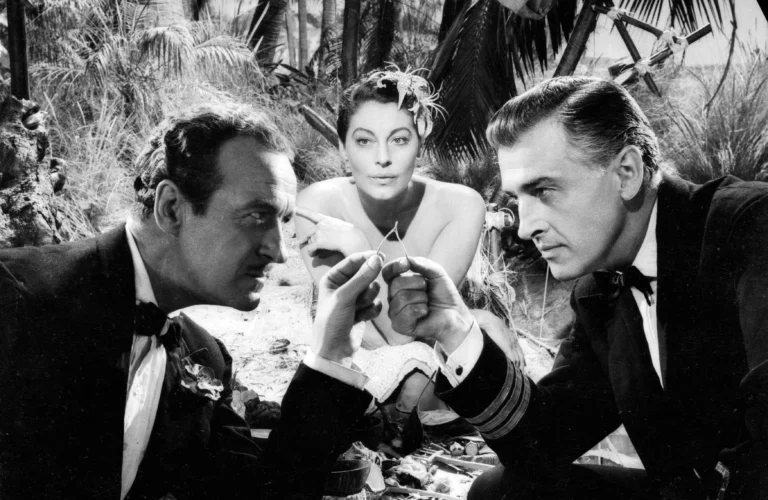Brigitte Bardot and Laurent Terzieff: A Tale of Two Icons
Brigitte Bardot and Laurent Terzieff were two of the most influential figures in French cinema, each carving out a distinct and lasting legacy in their own way. While Bardot became a global icon of beauty and sensuality, Terzieff was known for his intense, intellectual approach to acting. Together, they represented two different but complementary aspects of the French film industry.
Brigitte Bardot: The Icon of Liberation
Few names in cinematic history evoke as much recognition as Brigitte Bardot. Born in 1934, Bardot took the world by storm in the 1950s and 60s, becoming one of the first true international sex symbols. Her breakout role in “And God Created Woman” (1956) turned her into a sensation overnight, and she became synonymous with the concept of liberated femininity.
Here are a few interesting facts about Brigitte Bardot:
- Cultural Impact: Bardot was not only a movie star but a cultural phenomenon. Her iconic blonde hair, pouty lips, and effortless French style influenced fashion and beauty standards for generations. She popularized the “Bardot neckline”, an off-the-shoulder style that is still in vogue today.
- Activism: After retiring from acting in 1973 at the age of 39, Bardot shifted her focus to animal rights activism. She established the Brigitte Bardot Foundation in 1986, which is dedicated to protecting animals worldwide. She’s been a vocal advocate, sometimes courting controversy, but remains dedicated to her cause.
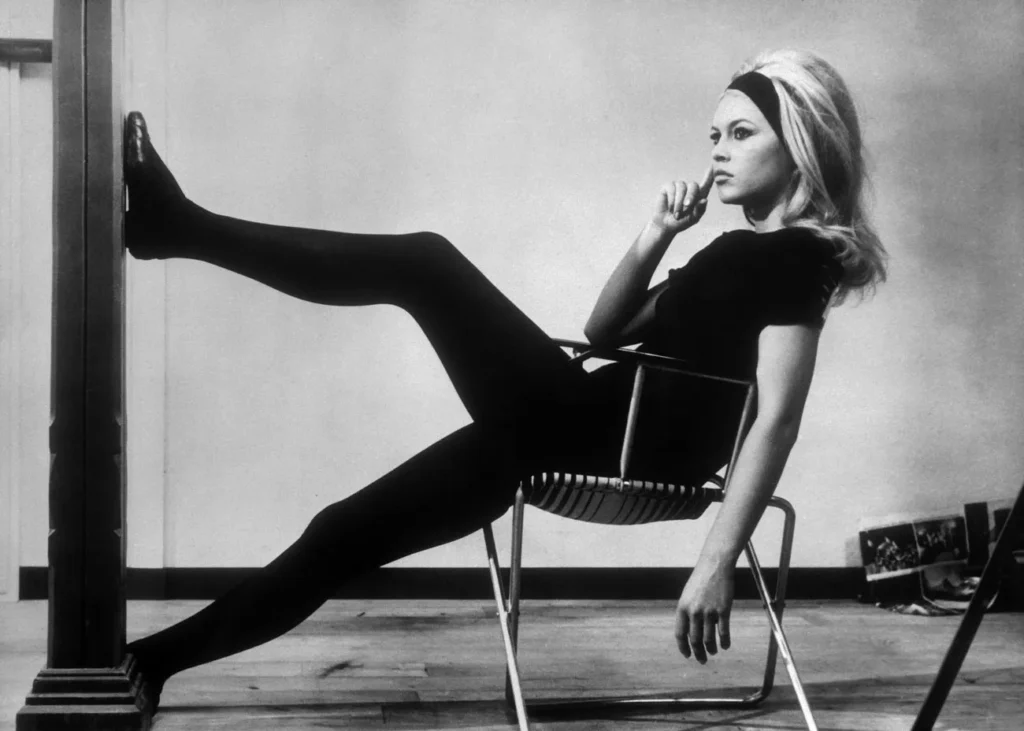
Laurent Terzieff: The Intellectual Rebel
In contrast to Bardot’s mainstream appeal, Laurent Terzieff was known for his cerebral and often avant-garde approach to acting. Born in 1935, Terzieff’s love for the theater began early. His career was shaped by a passion for existentialist themes and complex characters, often delving into the human psyche.
Some interesting facts about Laurent Terzieff include:
- Artistic Background: Terzieff came from an artistic family — his father was a sculptor, and his mother a painter. This upbringing undoubtedly influenced his approach to acting, which was marked by a strong sense of artistry and introspection.
- Theater Enthusiast: Although he appeared in several films, Terzieff was a prominent figure in the theater world. He performed in and directed numerous plays, including works by existentialist writers like Jean-Paul Sartre and Albert Camus, blending philosophy with performance.
- Film Career: Terzieff starred in films like “Le Lit de la Vierge” (1969) and “La Voie Lactée” (1969), where he brought his intense, intellectual energy to the screen. His nuanced performances often explored the tension between faith, doubt, and human suffering, making him one of the most respected actors in French cinema.
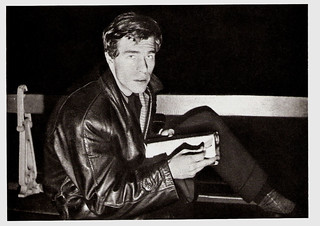
A Meeting of Minds
Though Bardot and Terzieff came from different corners of the film industry, they worked together in the 1960 film “La Vérité” (The Truth), directed by Henri-Georges Clouzot. In this courtroom drama, Bardot played Dominique Marceau, a woman accused of murder, while Terzieff portrayed a character central to her life and the ensuing tragedy. Their collaboration revealed the depth and range of their talents, with Bardot delivering one of her most powerful performances and Terzieff bringing his usual intellectual gravitas to the role.
Final Thoughts
Brigitte Bardot and Laurent Terzieff may have followed different paths in the world of acting, but their contributions to French cinema are undeniable. Bardot symbolized freedom, beauty, and style, while Terzieff embodied depth, thoughtfulness, and artistic rebellion. Together, they represented the rich diversity of French culture, influencing generations of actors, filmmakers, and audiences alike.

